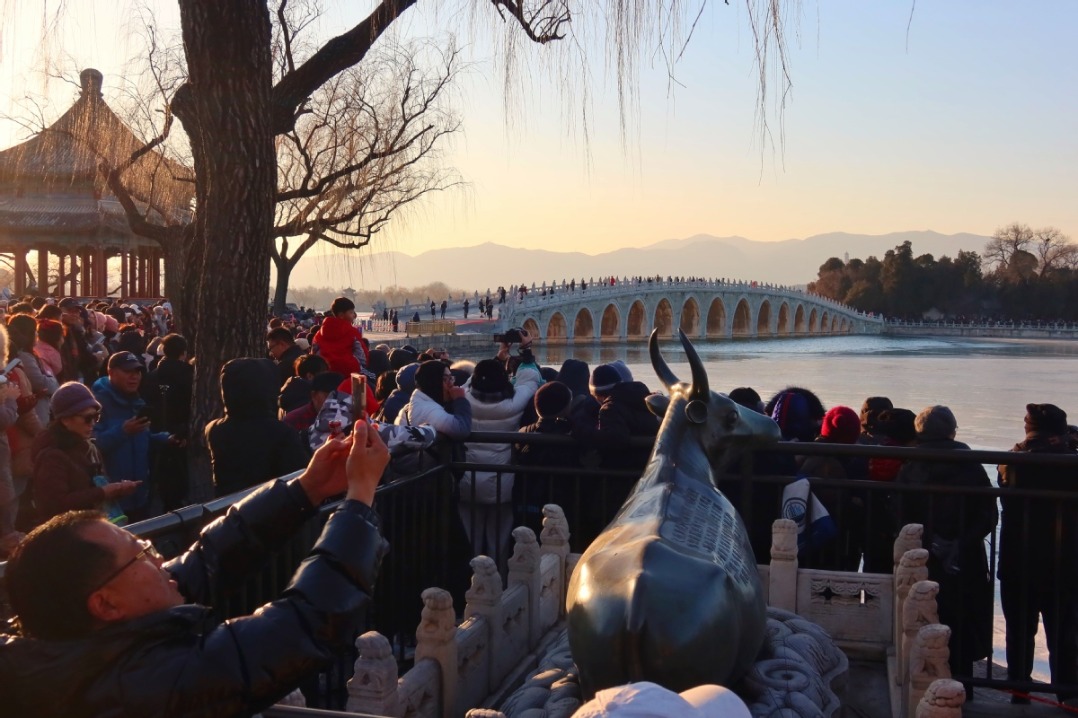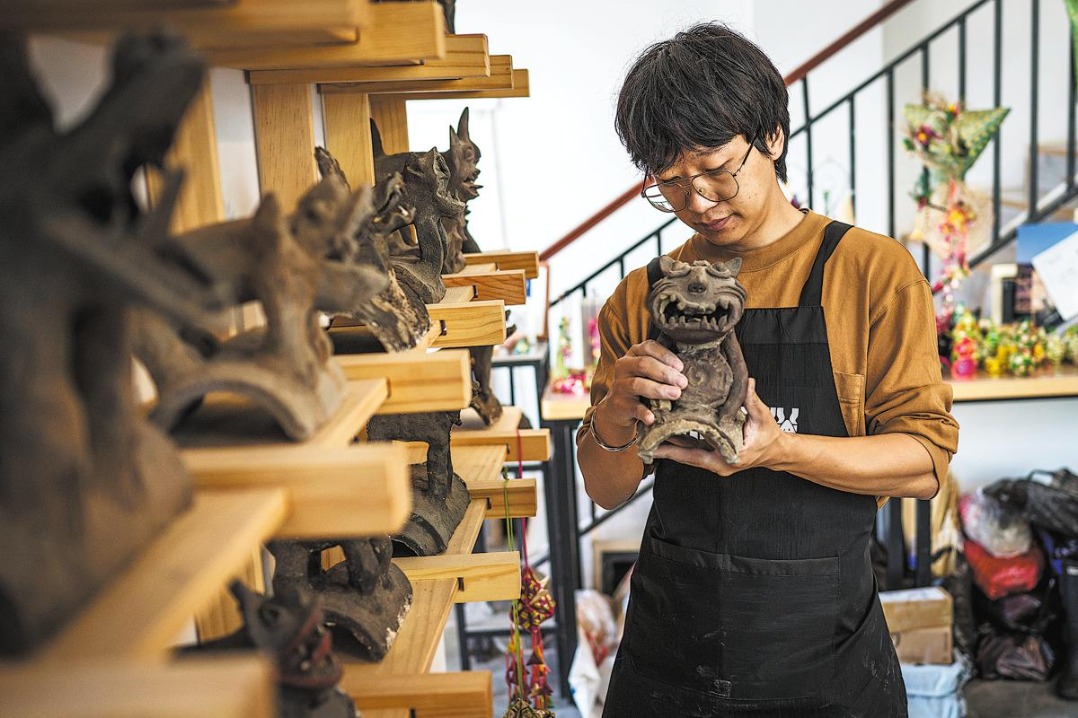Article highlights problems with 'unit bribery'

An article published on the website of the Central Commission for Discipline Inspection and the National Supervisory Commission on Tuesday discussed the details of a type of bribery frequently committed by enterprises and institutions, underscoring that the health and medical sector is notorious for such crimes.
The crime is known as "unit bribery", which refers to enterprises, institutions and organizations giving money or property to State officials in order to seek illegitimate benefits for themselves.
In one case released, in 2021, Xu Kaihua, the actual controller of Shanghai Feici Mechanical and Electrical Equipment, recommended a brand of medical equipment to Wang Xianming, director of the Health Bureau of Yueqing, Zhejiang province, through his cousin. Xu hoped Wang would help him form contracts with related businesses and promised to give Wang a portion of the profits from sales of that equipment in return.
Later, Feici and its partner companies won the city's medical equipment procurement project of more than 41 million yuan ($5.7 million). In addition, with Wang's support, companies that Xu invested in and others with ties to him won 26 projects worth more than 84 million yuan combined.
The investigation found that through his cousin, Xu bribed Wang with a total of 7.15 million yuan, of which 3.82 million yuan were contributed by affiliated companies. The case is currently winding its way through the courts.
Medical equipment procurement involves hundreds of millions of yuan, and in order to avoid supervision, Xu directly took cash bribes. After being arrested, he argued that "profit sharing is a normal practice of maintaining relationships", according to a supervisory official from Zhejiang.
The unit bribery often occurs in areas with concentrated power, funds and resources, such as project construction, resources development, medical and finance, the article said.
At present, the sentencing range and case filing standards of unit bribery and individual bribery are different, which encourages unit bribery to a certain extent.
Furthermore, some large companies have many subsidiaries with relatively lax financial management systems. As a result, some of these smaller companies use hidden funds to bribe administrative departments and officials, it said.
Additionally, such crimes also undermine the regulated and orderly market and business environment, as well as the legal environment, it said.
- Administrative organs must secure people's interests: senior judge
- 2,309 regulations filed with China's top legislature for review in 2025
- Chinese researchers pinpoint seed genes for enhancing food security
- Public interest litigation plays prominent role in China's governance
- 15 arrested in 1b yen robbery in Hong Kong
- Chinese lawmakers conduct third deliberation of draft national development planning law





































